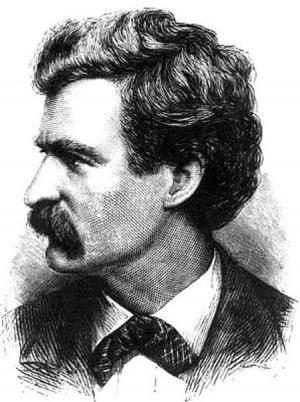The Adventures of Hajji Baba of Ispahan
Nonfiction, Religion & Spirituality, New Age, History, Fiction & Literature| Author: | James Justinian Morier | ISBN: | 9781465504401 |
| Publisher: | Library of Alexandria | Publication: | March 8, 2015 |
| Imprint: | Language: | English |
| Author: | James Justinian Morier |
| ISBN: | 9781465504401 |
| Publisher: | Library of Alexandria |
| Publication: | March 8, 2015 |
| Imprint: | |
| Language: | English |
Born and nurtured in an Oriental atmosphere (though educated at Harrow), he was one of three out of four sons, whom their father, himself British Consul at Constantinople, dedicated to the Diplomatic or Consular service in Eastern Europe or in Asia. His Persian experience began when at the age of twenty-eight he accompanied Sir Harford Jones as private secretary, in 1808-1809, on that mission from the British Court direct which excited the bitter jealousy and provoked the undignified recriminations of the Indian Government. After the Treaty had been concluded, James Morier returned to England, being accompanied by the Persian envoy to the Court of St. James, who figures in this narrative as Mirza Firouz, and whose droll experiences in this country he subsequently related in the volume entitled "Hajji Baba in England." While at home, Morier wrote the first of the two works upon Persia, and his journeys and experiences in and about that country, which, together with the writings of Sir John Malcolm, and the later publications of Sir W. Ouseley, Sir R. Ker Porter, and J. Baillie Frazer, familiarised the cultivated Englishman of the first quarter of this century with Persian history and habits to a degree far beyond that enjoyed by the corresponding Englishman of the present day. Returning to Persia with Sir Gore Ouseley in 1811-12 to assist the latter in the negotiation of a fresh Treaty, to meet the novel situation of a Franco-Russian alliance, Morier remained in Tehran as charge d'affaire after his chief had left, and in 1814 rendered similar aid to Sir H. Ellis in the conclusion of a still Further Treaty superseding that of Ouseley, which had never been ratified. After his return to England in 1815, appeared the account of his second journey. Finally, nearly ten years later, there was issued in 1824 the ripened product of his Persian experiences and reflections in the shape of the inimitable story to which is prefixed this introduction.
Born and nurtured in an Oriental atmosphere (though educated at Harrow), he was one of three out of four sons, whom their father, himself British Consul at Constantinople, dedicated to the Diplomatic or Consular service in Eastern Europe or in Asia. His Persian experience began when at the age of twenty-eight he accompanied Sir Harford Jones as private secretary, in 1808-1809, on that mission from the British Court direct which excited the bitter jealousy and provoked the undignified recriminations of the Indian Government. After the Treaty had been concluded, James Morier returned to England, being accompanied by the Persian envoy to the Court of St. James, who figures in this narrative as Mirza Firouz, and whose droll experiences in this country he subsequently related in the volume entitled "Hajji Baba in England." While at home, Morier wrote the first of the two works upon Persia, and his journeys and experiences in and about that country, which, together with the writings of Sir John Malcolm, and the later publications of Sir W. Ouseley, Sir R. Ker Porter, and J. Baillie Frazer, familiarised the cultivated Englishman of the first quarter of this century with Persian history and habits to a degree far beyond that enjoyed by the corresponding Englishman of the present day. Returning to Persia with Sir Gore Ouseley in 1811-12 to assist the latter in the negotiation of a fresh Treaty, to meet the novel situation of a Franco-Russian alliance, Morier remained in Tehran as charge d'affaire after his chief had left, and in 1814 rendered similar aid to Sir H. Ellis in the conclusion of a still Further Treaty superseding that of Ouseley, which had never been ratified. After his return to England in 1815, appeared the account of his second journey. Finally, nearly ten years later, there was issued in 1824 the ripened product of his Persian experiences and reflections in the shape of the inimitable story to which is prefixed this introduction.















